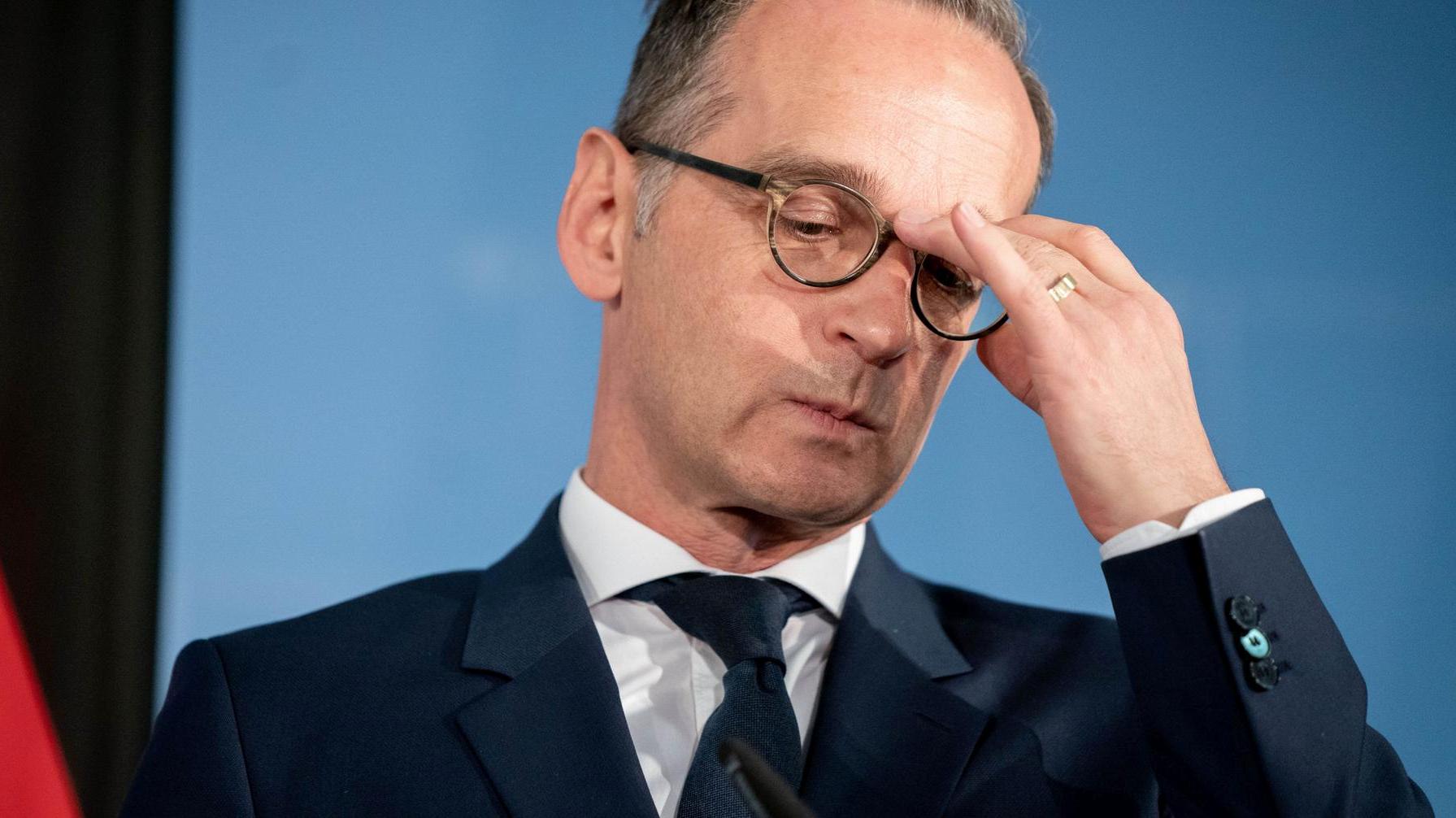German FM Criticizes US Strategy on Iran

EghtesadOnline: German Foreign Minister Heiko Maas criticized US President Donald Trump on Sunday for his policy of “maximum pressure” against Iran.
“We should not pretend that an externally-induced regime change in Tehran will automatically improve the situation. That has gone badly elsewhere, like in Iraq,” Maas told German newspaper Bild am Sonntag, DW reported.
Since the US withdrew from the international nuclear deal in May 2018, tensions between Washington and Tehran have been running high, according to Financial Tribune.
Top Iranian commander, Major General Qasem Soleimani, was assassinated early this month in Baghdad on the orders of US President Donald Trump, which triggered an Iranian retaliation attack on two US military bases in Iraq.
Maas noted that "military actions and threats" have not changed the behavior of the Iranian government.
The Social Democratic Party politician emphasized that dialogue was necessary to make progress in Iran and to promote Europe's Iran strategy.
"If one wanted to improve the situation of the Iranians, it would be useless to stop the dialogue," Maas said. "We have to talk to Iran … We want to prevent a conflagration in and around the Middle East."
The German foreign minister said EU is counting on diplomacy instead of escalation.
"Without the [2015 nuclear] treaty, Iran would probably already have a nuclear bomb. It's imperative that we prevent that from happening," he added.
Tehran denies any military aspect to its nuclear activities, stressing that the program is exclusively for civilian purposes.
Maas said while the US withdrew from the nuclear deal and is pushing for maximum pressure against Iran, France, Britain and Germany wanted instead "to make progress through negotiations" and preserve the accord to ensure the peacefulness of Tehran’s nuclear work.
The foreign minister also called on Tehran to immediately return to full compliance with the 2015 nuclear agreement.
The deal was designed to put time-bound constraints on Tehran’s nuclear program. In return, economic sanctions were supposed to be lifted. In 2018, Trump withdrew from the deal and reimposed a series of severe sanctions against the Islamic Republic.
When the European signatories failed to bypass US sanctions or ensure the economic benefits promised to Iran under the deal, the latter began to cut its compliance with the nuclear curbs.


